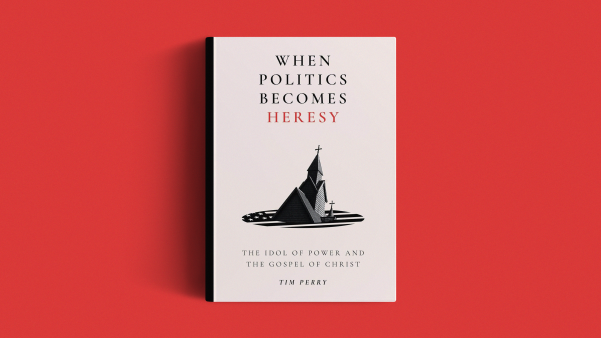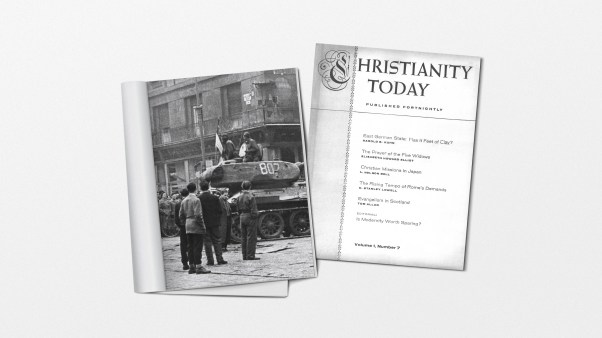"Knowledge is the rich storehouse for the glory of the Creator and the relief of man's estate"
Francis Bacon was a devout Anglican remembered for his public failure and a great scientific mind. Perhaps, as he said, the "best of men are like the best of precious stones, wherein every flaw … [is] noted more than in those that are generally foul and corrupted."
Years of frustration
Bacon had a wonderful start. His father was a high official serving Queen Elizabeth, and his mother was a woman of keen intelligence. But Francis was bored with his tutors and appalled by the scholastic disputation that passed for science. He dropped out of Cambridge at 15, and his father got him an appointment to serve the ambassador to France. These youthful privileges were stripped away in 1579 when his father died, leaving him precious little. He returned to school with renewed purpose, becoming a barrister, a Member of Parliament, and a law professor in the next seven years. But he was satisfied neither with his honors nor his income.
Timeline |
|
|
1543 |
Nicolaus Copernicus' heliocentric theory published |
|
1546 |
Gerardus Mercator discovers magnetic pole of earth |
|
1553 |
Giambattista Benedetti proposes equality of fall rates |
|
1561 |
Francis Bacon born |
|
1627 |
Francis Bacon dies |
|
1644 |
Evangelista Torricelli invents mercury barometer |
His efforts at advancement were stymied, mainly because the queen didn't like him. But she did like his patron, the Earl of Essex. Essex treated Bacon like a son and was a good mentor until he led a revolt. Elizabeth appointed Bacon to a minor post in the prosecution of his friend, but he threw himself into the case with fervor. Alexander Pope called him "the wisest, brightest, meanest of mankind," but Bacon wrote to Essex that he must prefer the good of his country to their friendship.
Years of achievement
The ascension of King James marked a new beginning for Bacon. This ruler liked him, and his rise to the peak of political power was dizzying. In 1607 he was solicitor general, then clerk of the star chamber, attorney general, lord keeper of the seal, and in 1618, lord chancellor. During this period he also published his most famous literary works. The Instauratio Magna (Great Revival) was to be nothing less than a comprehensive theory of knowledge. He only completed two parts, but in these he summed up the extent of learning and the deficiencies in human understanding, and he proposed a new science based on experimentation, inductive reasoning, and the betterment of the human condition.
The House of Commons lodged a corruption complaint against him in 1620. He pleaded guilty, noting that although he was "the justest judge," he had partaken in "the abuse of the times." Within a year, he had been stripped of his offices, broken financially, and ruined politically.
He retired to his writing. He introduced the essay form to the English language and completed The New Atlantis, which mixed his scientific approach and his Christian beliefs. Bacon divided knowledge into philosophy, or natural knowledge, and divinity, or inspired revelation. Though he insisted that philosophy and the natural world must be studied inductively, he argued that where religion is concerned, we can only study arguments for the existence of God. Knowledge of God's nature, action, and purposes can only come from special revelation. But Bacon also believed that knowledge was cumulative, that study encompassed more than a simple preservation of the past. True study, he said, will ultimately help mankind. "Knowledge is the rich storehouse for the glory of the Creator and the relief of man's estate," he wrote. "A little philosophy inclineth man's mind to atheism, but depth in philosophy bringeth men's minds about to religion."
In 1626 he stopped in the snow to conduct an experiment on the preservation of food, fell ill, and died on Easter Sunday. In his will, he included this final prayer: "When I thought most of peace and honor, thy hand [was] heavy on me, and hath humbled me, according to thy former loving kindness. … Just are thy judgments upon my sins. … Be merciful unto me for my Savior's sake, and receive me into thy bosom."










